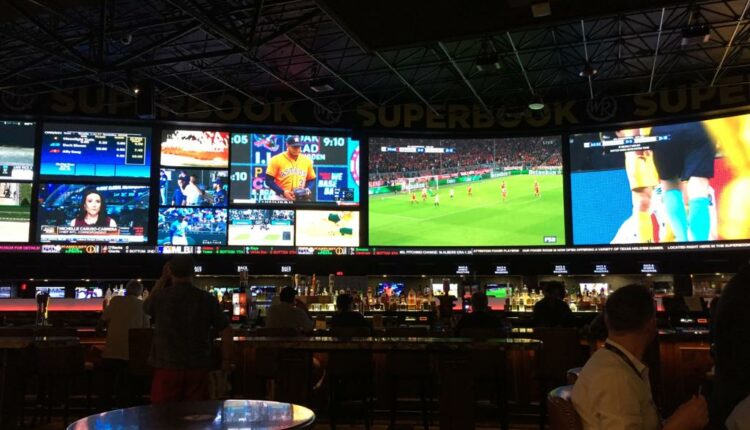
DraftKings Takes 30% Hit Following Secondary Offering Announcement
Publicly traded sports betting companies have been touted as the next hot commodity, but early investors had the wind taken out of their sails last week as DraftKings (NASDAQ: DKNG) continued its 10-day skid.
On October 2nd the company’s trading price hit a record high of $63.78, only to see their stock price plunge 30% over the following days, landing at $43.11 by last week’s end.
DraftKings has found itself in an extremely volatile market, with its value fluctuating in direct relations to the covid-impacted sporting calendar.
Current investors can be seen as betting on the leagues’ ability to manage their health protocols more than anything. Prices have experienced sudden lifts with the start of a season and unexpected drops following news of game postponements or Covid outbreaks.
DraftKings’ Secondary Stock Offering Short-Term Impact?
On October 5th DraftKings announced their plans for a secondary stock offering at $52 per share, which comes in 8.4% less than the day’s closing price.
After enjoying more than 400% growth over the year, selling holders are able to cash in off of their early investments. These selling holders will make upwards of 16 million shares available. DraftKings will also place 16 million shares on the market.
This fast selling and buying has caused many to speculate on the true future value of investing in the brand, as some view the stock as being heavily overbought.
The secondary stock offering only moves to stoke that fire, and the shockwaves the news created can explain the sudden drops in trading prices.
Even at the $52 per share secondary offering price, DraftKings still finds itself well below the average analyst rate of $57.35, with many analyst expecting the prices to continue their surge as the selling pressure lightens.
Bet On The Future
The aggressive nature of the brands marketing strategy and their ability to develop strategic partnerships with some of the most recgonizable franchises in the sporting world has made DraftKings on of, if not the most visible sports betting operators in the country.
While these partnerships have all come with steep price tags considering the relatively low return, DraftKings is betting on the longterm benefits rather than the immediate impact. Most of this aggressive spending tends to focus on advertising and branding across large networks and inside of arenas. Yet, with the coronavirus pandemic leaving stadiums empty, and with sports seeing a decline in TV ratings, these partnerships could likely yield much less then their original prices suggested.
We witnessed the ‘out spend your competitor’ approach when DraftKings and FanDuel jockeyed for ownership of the daily fantasy market. Little has changed now that the two position themselves to dominate the spreading gambling market space.
While the current price looks to offer great value to those who missed jumping onboard at the company’s debut, this could be a strong short term play given that the most popular sporting seasons will all come to close in Q1 of next year.
The relationship between the sporting calendar and the value of the company cannot be ignored, and aimless spending on more team partnerships could further damage financial earnings.



